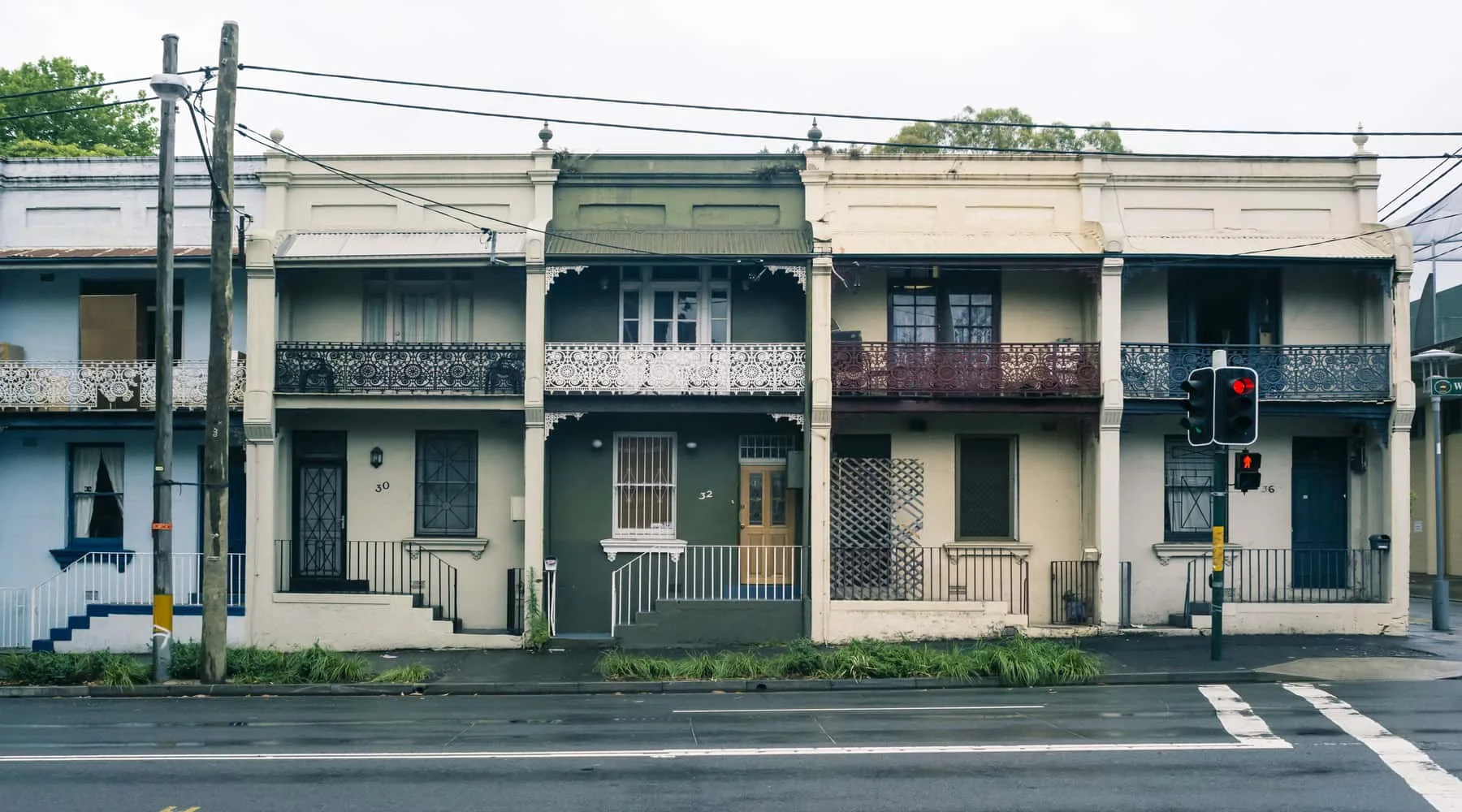From down payment to dealbreaker: Average house deposit now exceeds $100k

With house prices continuing to climb, aspiring homeowners now need a six-figure deposit to purchase a property.
According to Finder’s First Home Buyers Report 2021, which surveyed 1,028 first home buyers, 11% now require more than a decade to scrape a deposit together.
This comes as ABS data from January 2021 shows that the average deposit needed to secure a mortgage is now a whopping $106,743 – an increase of 16% (+$14,851) since January 2019.
The ACT has seen the largest house deposit increase since 2019, with the upfront amount required swelling by 24% to $117,790, followed by New South Wales (23%, $128,469).
The report also found that the average first home buyer puts down 20% of the purchase price as a deposit.
Sarah Megginson, home loans expert at Finder said that saving for a house deposit is a big financial hurdle for first home buyers.
“Prospective buyers are being stumped by a supercharged property market, which isn’t showing any signs of slowing down just yet.
“Low interest rates have made it cheaper to pay down a mortgage, but this has pushed up property prices, making it even harder to save for a deposit,” Megginson said.
Finder’s research also revealed that over a third of respondents (38%) took between 2 and 5 years to save for their deposit, while 25% said it took them between 5 and 10 years.
Megginson said that government grants can help eligible buyers fast-track their dream of homeownership.
“As part of the First Home Loan Deposit Scheme, eligible buyers can seek out a mortgage with a 5% deposit.
“This means that for a property worth $600,000, you’d only need to save $30,000 which is far more achievable than a six-figure sum, and can help younger buyers get into the market early.
“While this does increase the cost of the mortgage over its lifetime through interest, the gains you stand to make as the property increases in value over time could potentially outweigh the extra interest costs.
“It’s important first home buyers weigh up all of these pros and cons when considering a real estate purchase,” Megginson said.
| State | Average first home buyer loan | Average first home buyer deposit | Increase since 2019 |
|---|---|---|---|
| ACT | $471,161 | $117,790 | 24% |
| NSW | $513,876 | $128,469 | 23% |
| NT | $400,000 | $100,000 | 20% |
| TAS | $325,751 | $81,438 | 17% |
| VIC | $452,369 | $113,092 | 16% |
| WA | $371,048 | $92,762 | 14% |
| QLD | $383,136 | $95,784 | 13% |
| SA | $342,840 | $85,710 | 8% |
| Australia | $426,971 | $106,743 | 16% |
Source: Finder, ABS loans data
* Analysis assumes a 20% deposit.
How to crack the property market if you can’t hit your savings goal:
- Consider rentvesting. This is where you buy where you can afford, and rent where you want to live. If metropolitan prices are beyond your reach, you may be able to afford something in a regional location which you can purchase as an investor.
- Go in with friends or family. Rather than buy a home on your own, you can split the purchase multiple ways with friends or relatives. This is a huge financial and legal commitment, so be sure consult a solicitor beforehand, and make sure everyone is on the same page about what they want from the arrangement.
- Find a guarantor. A guarantor provides additional security on a mortgage if you don’t meet the full deposit requirements as a buyer. While this can help get your application over the line, guarantors are also liable if you default on your repayments. This makes it a huge responsibility, which is why most guarantors are parents or close relatives.
Need home loan help? Quickly compare some of the market's lowest rates.
Ask a question
